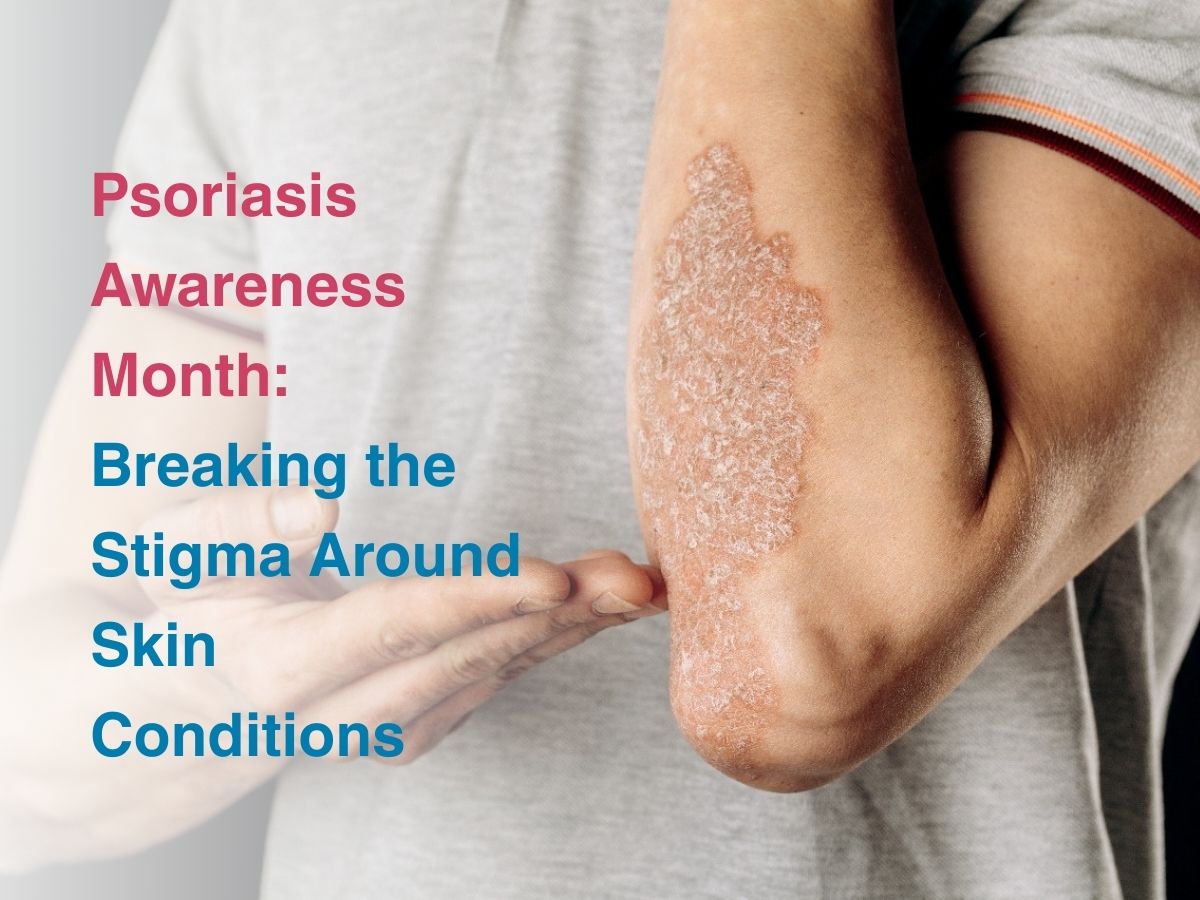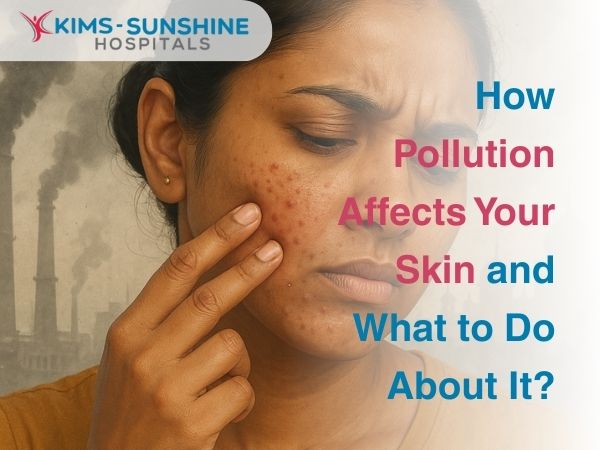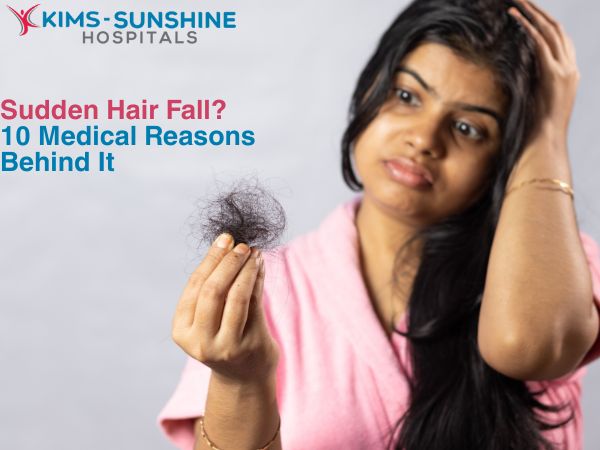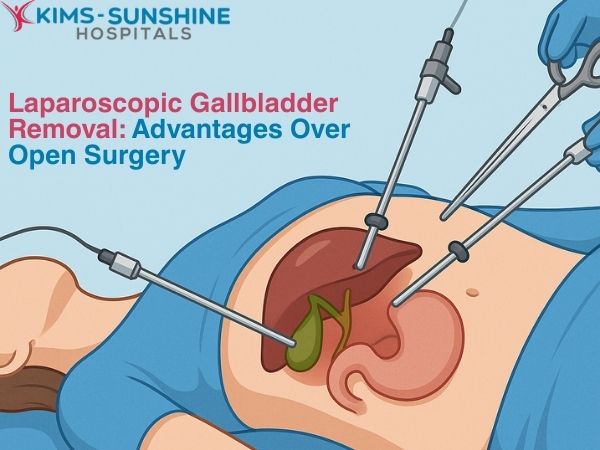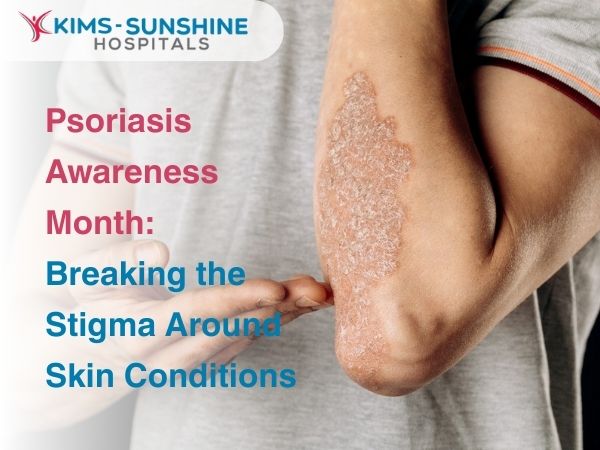
Psoriasis Awareness Month: Breaking the Stigma Around Skin Conditions
Psoriasis Awareness Month 2025 Skin Care Campaign
This year’s campaign nudges us to listen to stories in our own neighbourhoods, to governments, to local dermatologists and to online forums where Indian voices describe raised, scaly, itchy patches as both shameful and confining, then contrast that with moments of relief through accessible treatments, community support, myths dispelled and hope restored. Such collective sharing transforms awareness from an abstract calendar note into something tangible for Indian patients and caregivers.
By noticing that awareness month is more than hashtags and posters and that many therapies now moving through trials or clinics in India include accessible phototherapy, topical agents, and growing interest in biologics while integrating yoga, diet and stress management- we recognise the space for both cutting-edge dermatology and cultural healing to come together in ways that feel real, inclusive and forward‑leaning.
How To Support Someone With Psoriasis?
Dispelling myths becomes its own act of care- so gently explaining that psoriasis is autoimmune and genetic, not transferable through touch or shared objects; that flare ups tend to be triggered by stress, infections or weather changes- not dirty lifestyles- helps fight stigma in homes and communities where visible skin differences and rumours can spread faster than facts. In tight-knit or judgmental home or office settings, support looks like listening and NOT pitying someone, offering companionship in doctor visits or simply acknowledging that yes, psoriasis itches, itches persistently and it can hurt. Even a flicker of empathy, patience, or a reminder that relief is possible can be lifesaving for someone who has hidden lesions or braces against glare in public bathrooms.
Psoriasis Vs Eczema: Differences And Symptoms
When psoriasis and eczema appear in the same conversation, they are often conflated, but imagining them side by side brings clarity. Psoriasis shows up as well‑defined, thick, red or silvery plaques most commonly on elbows, knees and scalp which are often stubborn, scaly, and oddly smooth around the edges. Eczema tends to appear as itchy, inflamed, dry, cracked or weepy patches in flexural areas like behind the knees or inner elbows, lacking the silvery scale but brooding in creases. Each condition calls for its own kind of treatment, patience, and emotional understanding.
In India, where climate, stress, detergents and pollen all interact in complicated ways, telling psoriasis and eczema apart may rest on subtle signs, such as whether creams soothe or scrub off, whether steroids thin or heal, whether sun calms or burns and whether flare ups align with seasonal dryness or immunological misfires. A correct diagnosis not only directs better treatment in our clinics, but also prevents the cross‑fire of trial-and-error skincare that can worsen both.
Beyond clinical symptoms, the emotional signature of each differs too as psoriasis may be associated with shame over visibility, with people backing away, while eczema may trigger guilt or failure in caregivers over cleanliness or environment. Understanding these emotional footprints can guide how families and friends respond, with firmness where boundaries were breached, or with kindness where expectations were misplaced.
Conclusion
Psoriasis Awareness Month invites us all to look closer than skin, to recognise that patches are not character flaws, that treatment is practical and evolving, that Indian voices need space to share symptoms, struggles and successes and that through stories, solidarity and better information, we can replace shame with science and stigma with celebration. As the layers of misunderstanding fall away, what remains is a skin condition transformed in the collective consciousness- from a secret to hide into a shared strength to empower and that shift begins, quietly and beautifully, each August in millions of homes in India and beyond.


